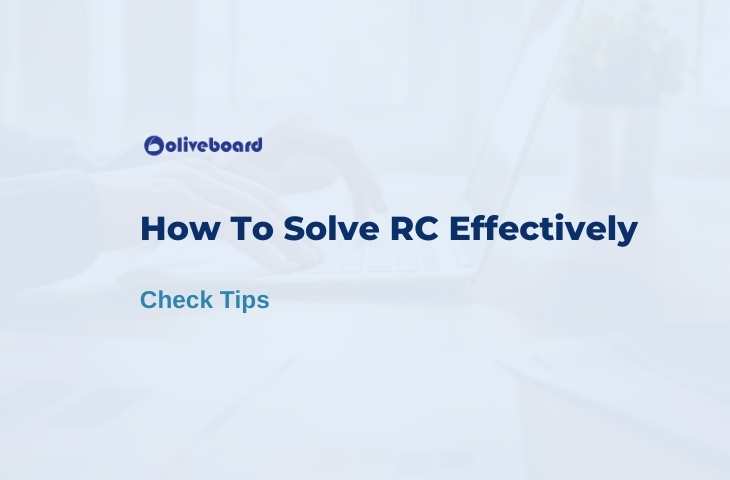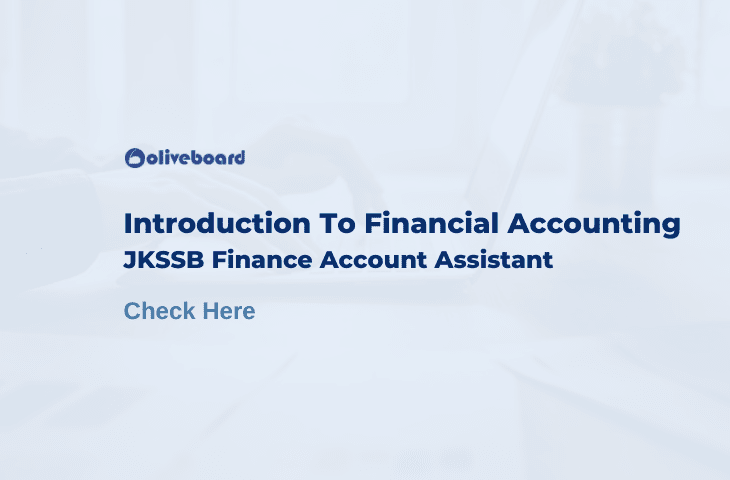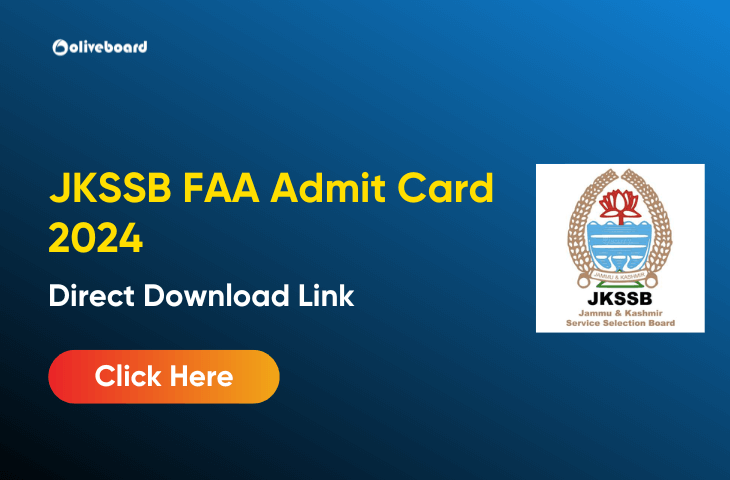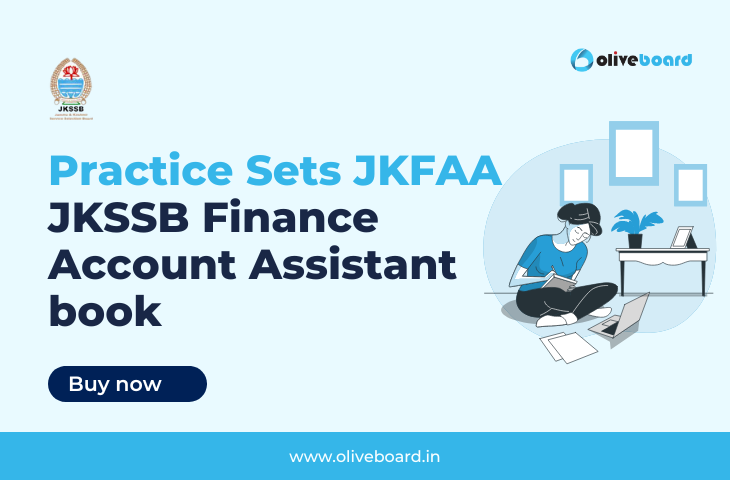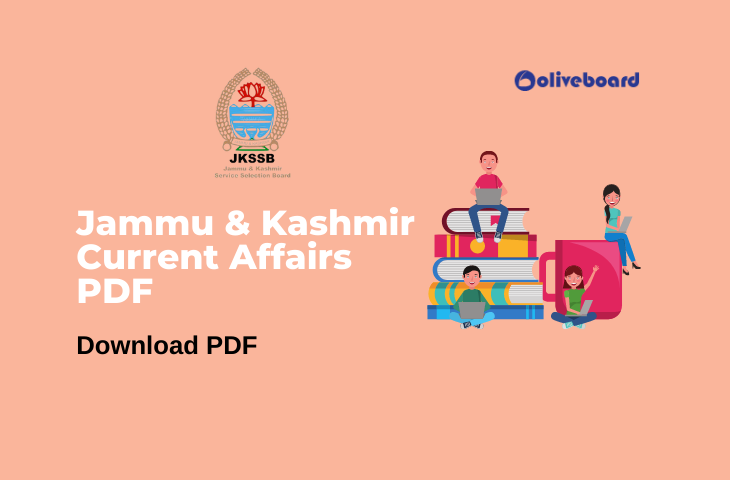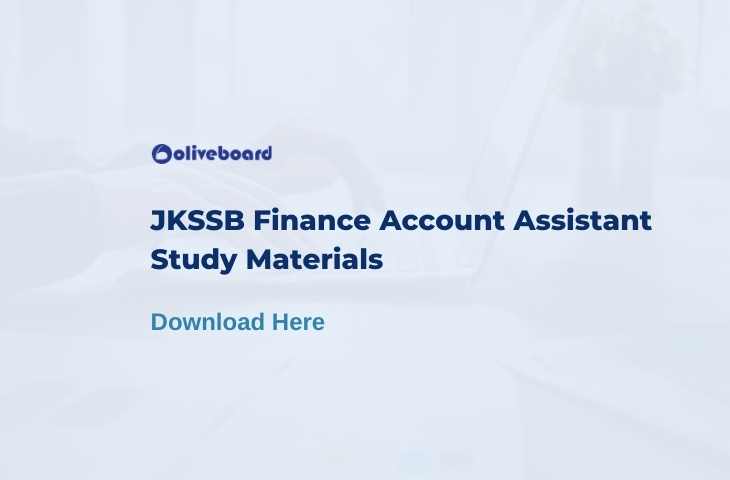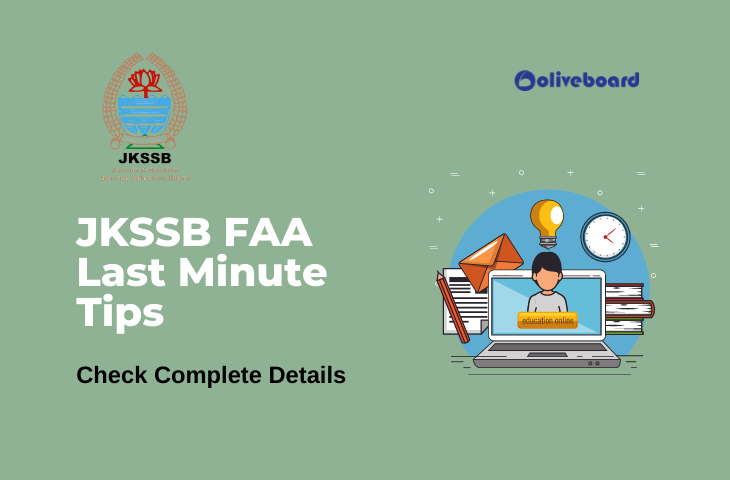Reading Comprehension (RC) is the ability to process text (passage), understand
its meaning and ability to answer questions based on the given passage. It is
important to note here that the answer to the question asked is within the ambit of the given passage. Reading Comprehension constitutes one of the most critical
parts of a lot of competitive exams. And the importance given to this topic is quite
reasonable: It tests one’s ability to read a passage and understand its content
and draw inferences on the basis of what is read – all this to be completed in the
limited time that is given. This ability or skill is essential to many job roles; hence, it is important for one to excel at this.
Points to Consider Before Approaching an RC
Before discussing the types of questions asked in an RC, following points need to
be kept in mind as thumb rule:
- One should be confined to the ambit of the passage which may be stated or implied. Statements which are not mentioned in the passage (and if they aren’t implied), by default, would be considered as incorrect or false statements.
- Avoid extreme options [usage of ‘must’, ‘always’, ‘only’, ‘never’, `all’, ‘never] (we need to be a bit more cautious especially in inference and conclusion-based questions).
- For all the question types except inference questions, try to figure out the correct answer option via skimming through the passage. For inference questions, follow the process of elimination (PoE approach) of options to find out the correct answer option.
Types of questions asked
- Specific Detail (True/false, Why/because questions [Cause-effect], ‘How’ questions etc.)
- Vocabulary (Synonyms/antonyms/blanks)
- Main idea/Central theme (message)/Title
- Tone
- Inference / Conclusion or indirect questions
- Correct Usage (Grammar-based)
Reading Comprehension Tips & Tricks
Here are some Reading Comprehension trick to help you reduce the time consumed and energy sapped while going through the paragraphs. On the brighter side, if you understand the passage well, you should be able to get most questions in an RC correct and gain quite a few marks. Improvement in your reading skills required practice so that you get better at understanding what you are reading.
Here are a few strategies you can use to work on your comprehension skills:
Build above average vocabulary
Knowing the meaning of the words you are reading improve your ability to comprehend the meaning of the paragraph well. Here is how to improve your vocabulary.
- Take vocabulary quiz
- Use newly learned words in communication
- Read English literature (preferably newspapers) as much as possible to improve your ability to guess what a word means in a certain context
- Make a list of unfamiliar words as you read and look them up in the dictionary
Start reasoning while you read
Ask questions about what you are reading can help improve your reading comprehension by allowing you to get involved in the text. Few questions you could pose as you read:
- What is the author trying to convey.
- How is the topic related to something happening in the world at the same time.
- Are there any themes that have consistently come up throughout the passage? If so, what do they mean?
The more specific your questions, the more insight you’ll get.
Summarize your readings
As summarizing requires you to decide what is important in the text and then put it in your own words, it allows you to determine if you understood the context.
Practice Fast Reading
As exams are time bound, you’ve got to put speed to your reading skills. Set a goal for yourself and meet them each day. For instance, say that you will read editorial of a newspaper in 20 minutes, make sure you reduce this time as days pass.
Do not read the complete passage first
Read the initial two lines to get an idea, and go through the questions right after that. This will prepare you to find the right you need to look in the passage. Go for one question at a time.
Correct options lie in the passage
Any option out of scope of the given paragraph is never the correct answer. The right answer is always based on the information given within the passage.
Practice with an Example
Directions for Questions 1 to 15: Read the following passage carefully and answer the questions given below it. Certain words/phrases have been printed in bold to help you locate them while answering some of the questions.
A few weeks ago, a newspaper article quoted a well-known scientist saying, “IT has destroyed Indian science”. One call speculate about the various ways in which the growth of the IT sector and other similar knowledge industries such as biotechnology has led to a decline in basic scientific research in India.
The most obvious reason is money; pay scales in IT and BT are much higher than one can aspire to in academia. The argument goes: why should a bright B. Tech or M.Sc. Student enroll in a Ph.D. program when she can make a lot more money writing code? Not only does a fresh IT employee make a lot more than a fresh M. Tech. Student, his/her pay will rise much faster in IT than in academia. A professor’s pay at a government-run university, even after the Sixth Pay Commission, tops out at far less than a senior executive’s salary in a major industry.
Second, the social Status of IT and BT Jobs equal or even exceed the social status of corresponding academic positions, since they are seen as knowledge industries, which play to the best and worst instincts of the societal Order. As quintessential white collar professions, neither do they compel a successful entrepreneur to resort to violence and corruption, nor do they demand any physical labor. Unlike real estate or road construction, it is felt that IT workers can become rich while staying honest and sweat-free.
Assuming that the labor pool for academia and IT is roughly the same, the difference in our collective preferences biases the labor market towards IT and away from academia. Further, when the imbalance between IT and academia continues for years and even decades, a destructive loop, from academia’s point of view, is created. When our best and brightest take IT jobs over academic ones for a decade or more, faculty positions in our universities and research centres are no longer filled by the best candidates.
As faculty quality goes down, so does the capacity to train top-class graduate students who, after all, are teachers in training. In response to decreasing faculty quality, even those students who otherwise choose an academic profession, decide to join industry or go abroad for their studies. These foreign trained graduates prefer to come back to corporate India if at all they do come back and the downward cycle replicates itself in each generation. In other words, academia is trapped within a perfect Storm created by a combination of social and economic factors.
In this socio-economic calculus, the members of our societal classes should prefer an IT job to an academic one. Or, to put it another way, the knowledge economy, i.e., the creation of knowledge for profit, trumps the knowledge society, i.e., the creation of knowledge for its own sake or the sake of the greater good. As is said, “knowledge is power, but money is even more power. Perhaps the scientist was alluding to this victory of capitalism over the pursuit of pure knowledge when he accused IT of having a negative influence on Indian science.
Surely, knowledge has become a commodity like any other and as a result, knowledge workers are like any other laborers, who will sell their wares to the highest bidder. One Solution is to accept and even encourage the commoditization of knowledge; if so, Indian universities and research centres should copy their western counterparts by becoming more and more like corporations. These centres of learning should convert themselves into engines of growth. In this logic, if we increase academic salaries and research grants to match IT pay cheques we will attract good people into academia, where, in any case, it is rumored that a certain elusive feeling called ‘the quality of life’ is better.
- According to the passage what did the scientist actually mean when he said, “IT has destroyed Indian Science?”
(1) The centres meant for scientific research are being utilized by IT industries
(2) The IT industry does not employ people pursuing higher studies
(3) As information is readily available on the internet because of IT, there is no need to seek further information
(4) IT has distorted the truth as stated by Indian science
(5) The desire for money has overshadowed the search for knowledge
- Which of the following is possibly the most appropriate title for the passage?
(1) Is the Future of IT Bright?
(2) The IT Industry and the World Economy
(3) Research and Academics — Losing the Battle against IT
(4) Scientific Research and the Need for Well — Trained Faculty
(5) Information Technology and its Advantages
- Why does the author say that knowledge has become a commodity?
(1) As it is no longer desirable in any professional field
(2) As there are too many educational Institutes in the country which do not provide quality education
(3) As knowledge is now available easily as compared to the past
(4) As knowledgeable people sell their Services for the highest price possible
(5) Like commodities knowledge too becomes stale after a certain period
- What, according to the author, is a destructive loop?
(1) Many people quit their existing jobs to work in the IT industry which in turn leads to the downfall of the other industries.
(2) The fact that the best minds do not want to become teachers and this in turn leads to good students seeking knowledge elsewhere
(3) The fact that people working in the IT industry do not pursue higher studies which in turn leads to the deterioration in quality of employees
(4) The unending use of resources by the IT industry leading to a dearth of resources in the country
(5) Less grants are being provided by the Government to academic institutes which in turn leads to poor quality students joining the same
- Which of the following mentioned below is/are the author’s suggestions to promote interest in Indian academia?
(A) Research centres should adopt the corporate culture as is done in the West.
(B) Lessening the number of research grants given.
(C) Making academic salaries equivalent to those paid in IT Industries.
(1) Only (C)
(2) Only (A)
(3) Only (B) and (C)
(4) Only (A) and (C)
(5) None of these
- Which of the following is NOT TRUE in the context of the passage?
(A) It is believed that the quality of life is better when pursuing scientific research.
(B) People currently seek knowledge only for the greater good of the society
(C) Money is not perceived to be as powerful as knowledge.
(1) Only (A) and (C)
(2) Only (B)
(3) Only (A) and (B)
(4) Only (B) and (C)
(5) All (A) (B) and (C)
- Which of the following according to the author are factors responsible for the declining interest in scientific research?
(A) Slower progress of work in research
(B) Lesser monetary compensation in research related activities
(C) Societal perception towards research
(1) Only (A)
(2) Only (C)
(3) Only (B) and (C)
(4) Only (A) and (B)
(5) All (A) (B) and (C)
- Which of the following is true about the perception towards IT jobs as given in the passage?
(A) They are physically tiring.
(B) They are considered to be managerial level jobs.
(C) They require usage of dishonest means.
(1) Only (B)
(2) Only (A) and (B)
(3) Only(C)
(4) Only (B) and (C)
(5) All (A) (B) and (C) are true
Answer key
| 1. | 2. | 3. | 4. | 5. | 6. | 7. | 8. |
| 5 | 3 | 4 | 2 | 4 | 5 | 3 | 1 |
Directions for Questions 9 to 12: Choose the word/group of words which is most similar in meaning to the word /group of words printed in bold as used in the passage.
- CAPACITY
(1) Qualification
(2) Capability
(3) Voltage
(4) Quantity
(5) Volume
- ALLUDING
(1) Referring
(2) Breaking
(3) Escaping
(4) Imposing
(5) Clinging
- SPECULATE
(1) Visit
(2) Contemplate
(3) Remark
(4) Argue
(5) Regulate
- QUINTESSENTIAL
(1) Typical
(2) Different
(3) Necessary
(4) Unique
(5) Excellent
Answer key
| 9. | 10. | 11. | 12. |
| 2 | 1 | 2 | 5 |
Directions for Questions 13 to 15: Choose the word/group of words which is most opposite in meaning to the word/ group of words printed in bold as used in the passage.
- BRIGHT
(1) Soft
(2) Dark
(3) Dull
(4) Vivid
(5) Dim
To practice more English Online Test for Competitive Exams,
- ELUSIVE
(1) Definite
(2) Happy
(3) Mysterious
(4) Worthwhile
(5) Remarkable
- FRESH
(1) Used
(2) Stale
(3) Tired
(4) Experienced
(5) Aged
Answer key
| 13. | 14. | 15. |
| 3 | 1 | 4 |
Candidates should keep these basic points in mind while approaching RCs. Practising these would improve your grasp of the theme of the paragraphs and provide better understanding. Keep Learning!
Related Blogs
- Introduction To Financial Accounting | JKSSB Finance Account Assistant Exam
- JKSSB FAA Admit Card 2024 Out, Direct Link to Download
- Practice Sets JKFAA – JKSSB Finance Account Assistant book by Oliveboard | Buy now
- Jammu And Kashmir Current Affairs Jan 2022 | Free PDF | Download Now
- JKSSB Finance Accounts Assistant Study Material | Short Notes
- JKSSB Finance Account Assistant Last Minute Tips | Check Here

The most comprehensive online preparation portal for MBA, Banking and Government exams. Explore a range of mock tests and study material at www.oliveboard.in
